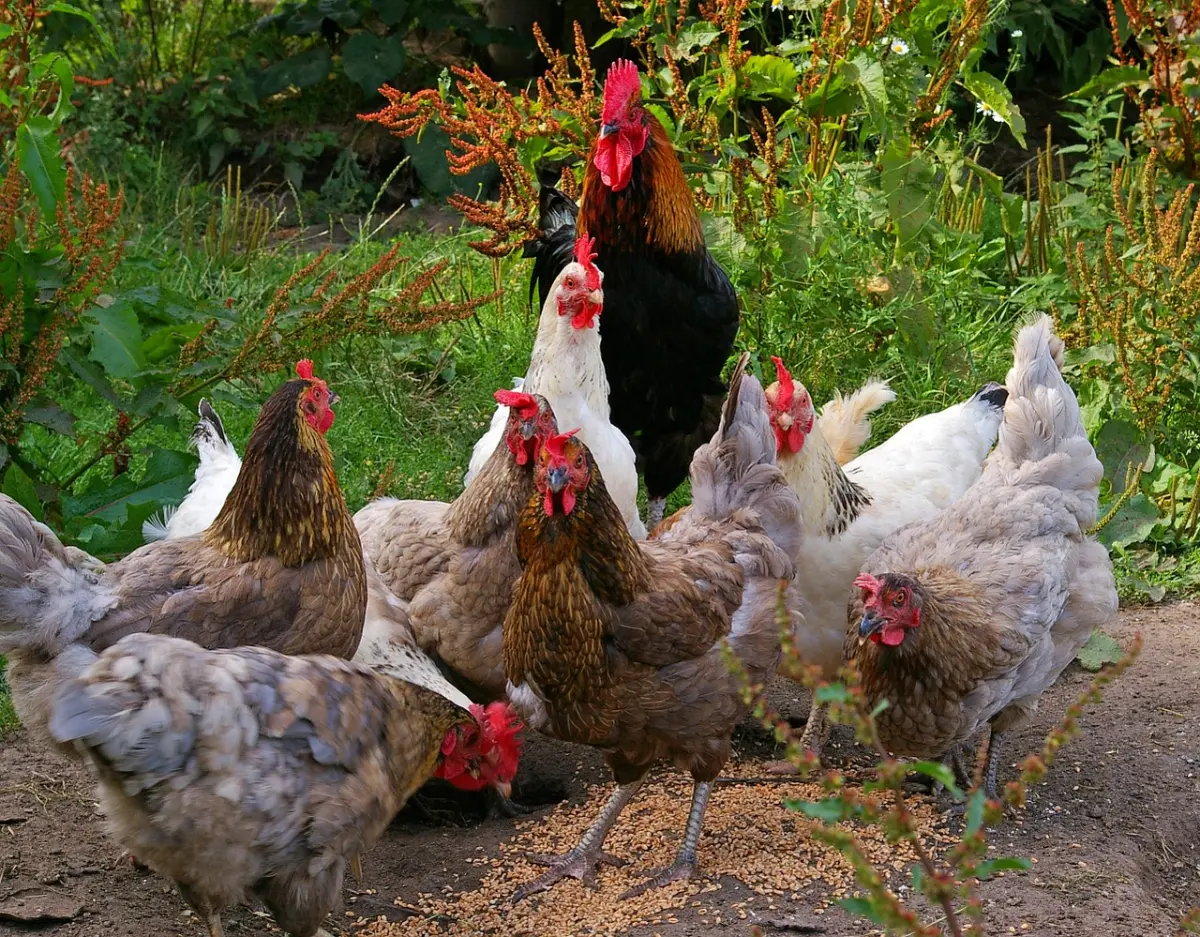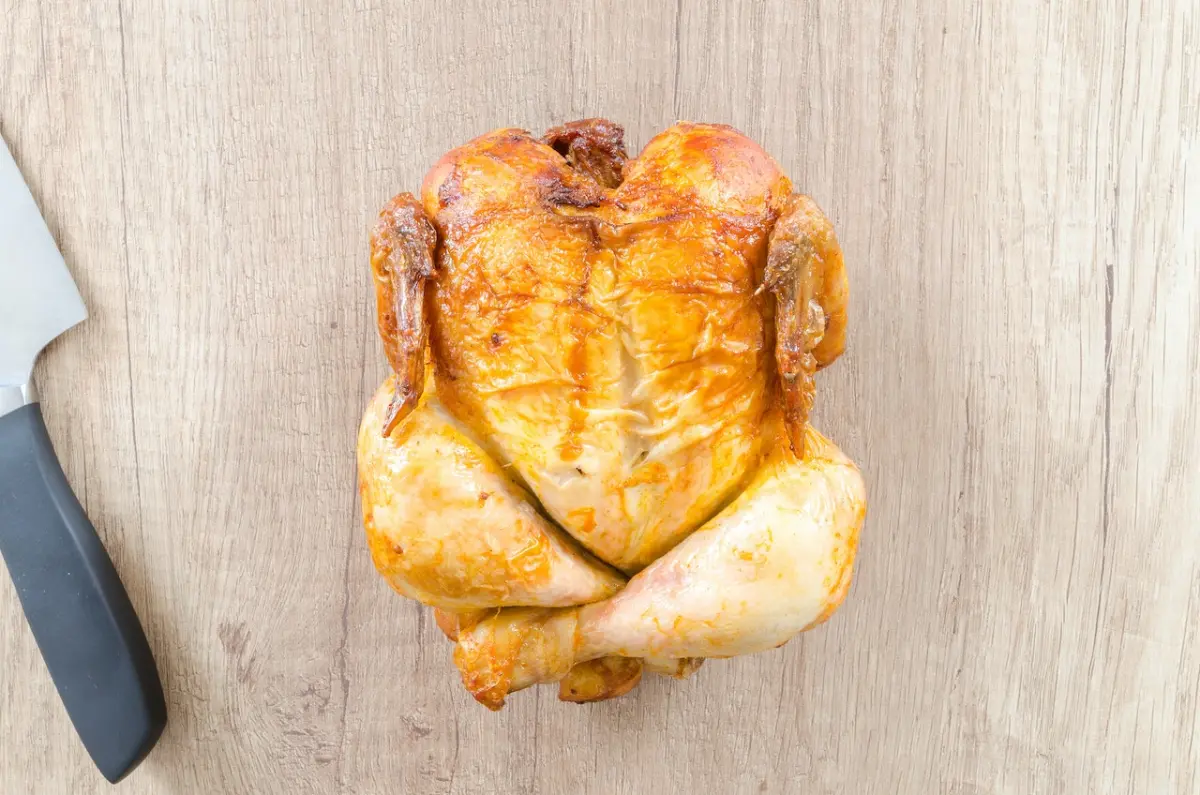Ferrets require a diet that is high in animal-based protein and fat. But can ferrets eat cooked chicken? Now, let us explore the answer to that question and provide insights into the benefits and potential risks of feeding cooked chicken to your ferret.
The Ferret Diet: A Quick Overview
Their natural diet in the wild includes small prey animals such as rodents, birds, and rabbits.
As a ferret owner, it is essential to provide a balanced diet that mimics their natural eating habits. High-quality ferret food or raw meat-based diets are often recommended to ensure your ferret receives the proper nutrients for optimal health.
The Benefits of Cooked Chicken for Ferrets

Now, let’s explore the benefits of incorporating cooked chicken into your ferret’s diet.
- High-Quality Protein Source: Chicken is an excellent source of high-quality, easily digestible protein that is essential for ferret health. Protein is vital for maintaining muscle mass, supporting organ function, and providing energy.
- Rich in Essential Nutrients: Cooked chicken contains essential nutrients such as vitamins B3, B6, and B12, which are crucial for maintaining a healthy metabolism and nervous system. It also provides minerals like phosphorus, selenium, and zinc, which support bone health, immune function, and overall well-being.
- Variety and Enrichment: Offering cooked chicken can provide variety and enrichment to your ferret’s diet, as they explore new tastes and textures. This can help prevent boredom and encourage natural foraging behaviors.
How to Safely Feed Cooked Chicken to Your Ferret
When feeding cooked chicken to your ferret, it is crucial to follow these guidelines to ensure their safety and well-being:
- Avoid Seasonings and Spices: Cook the chicken without any added seasonings, spices, or oils, as these can be harmful to your ferret. Plain, unseasoned chicken is the best option for their sensitive digestive systems.
- Cook Thoroughly: Ensure the chicken is fully cooked to eliminate the risk of salmonella or other foodborne illnesses. The internal temperature of the chicken should reach 165°F (74°C) before feeding it to your ferret.
- Remove Bones: Cooked chicken bones can splinter and pose a choking hazard or cause injury to your ferret’s digestive tract. Always remove bones before offering chicken to your pet.
- Serve in Small Pieces: Cut the cooked chicken into small, bite-sized pieces to prevent choking and make it easier for your ferret to eat.
- Introduce Gradually: When introducing cooked chicken to your ferret’s diet, do so gradually to avoid upsetting their digestive system. Start with small amounts and monitor their reaction.
Potential Risks of Feeding Cooked Chicken to Ferrets
While cooked chicken can be a beneficial addition to your ferret’s diet, there are some potential risks to consider:
- Overreliance on Cooked Chicken: Feeding your ferret too much-cooked chicken can lead to an imbalanced diet, as they may not be receiving all the necessary nutrients found in a complete ferret food or raw meat-based diet.
- Obesity: Cooked chicken can be high in calories, and overfeeding can lead to obesity in ferrets. Monitor your ferret’s weight and adjust their diet accordingly to maintain a healthy weight.
- Allergies: Some ferrets may have an allergy or sensitivity to chicken, which can cause gastrointestinal issues or skin reactions. If you notice any adverse reactions after feeding cooked chicken, consult your veterinarian.
Conclusion
In conclusion, cooked chicken can be a healthy part of your ferret’s diet. However, it is important to maintain a balanced diet for your ferret that meets their nutritional needs and regularly monitor their overall health.
